UN CC:Learn Actively Contributes to the Review Forum of the UNESCO GAP on ESD
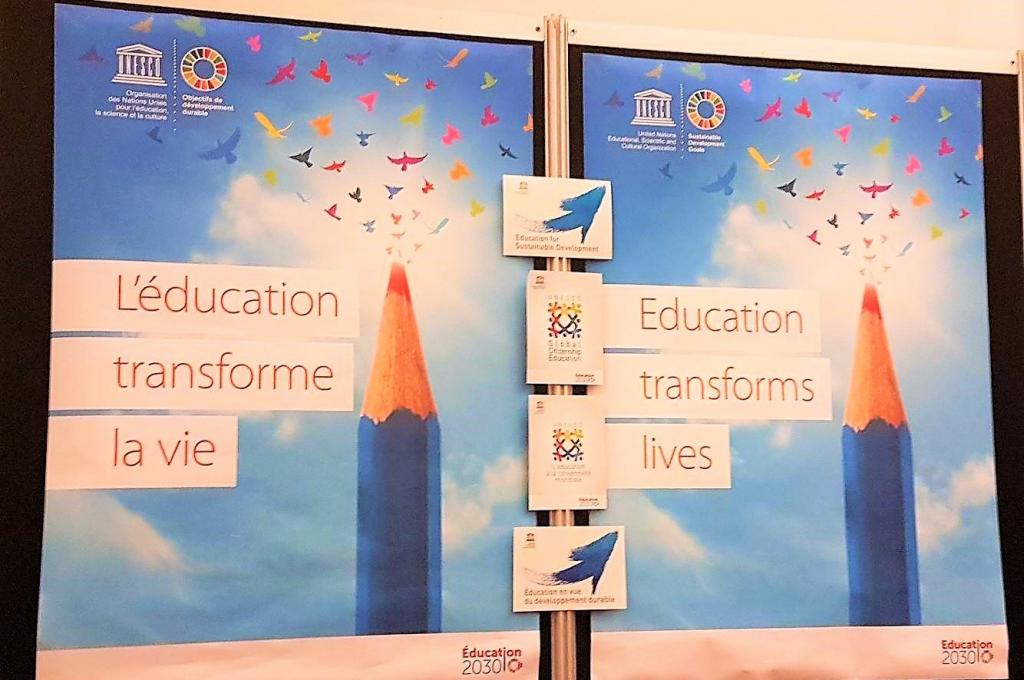
10 March 2017, Ottawa, Canada - Sustainable development cannot be achieved by technological solutions, political regulation or financial instruments alone. These instruments need to be accompanied by changes in the way people think and act. With this objective, Education for Sustainable Development (ESD) encourages learners of all ages to acquire the knowledge, skills and values needed to promote sustainable societies. ESD is included under Sustainable Development Goal 4 of the 2030 Agenda and is relevant for the achievement of all other Sustainable Development Goals (SDGs).
In order to generate and scale-up concrete actions in ESD as the follow up to the United Nations Decade of Education for Sustainable Development (2005-2014), the UN Educational, Scientific and Cultural Organization (UNESCO) coordinates the Global Action Programme (GAP) on ESD. To discuss ESD as well as Global Citizenship Education (GCED) as two main programmes that contribute to making education relevant to today’s global challenges, UNESCO and the Canadian Commission for UNESCO organized the UNESCO Week for Peace and Sustainable Development: the Role of Education, held from 6-10 March 2017, in Ottawa, Canada. UN CC:Learn, as a key partner of the GAP on ESD, contributed to the discussions and the activities of the first part of the week, dedicated to the Review Forum of the UNESCO GAP on ESD.
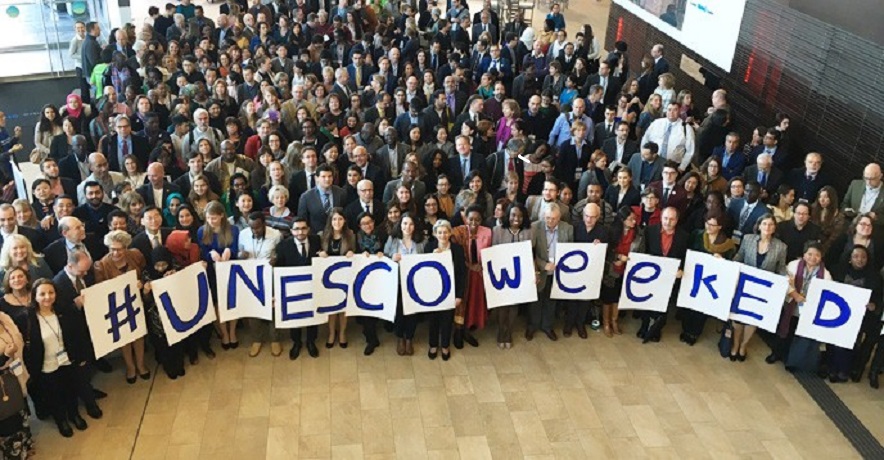
The Review Forum served as an important platform to review GAP implementation since its launch in November 2014, and discuss the way forward for the following years of GAP implementation. It also explored emerging ESD issues, trends and ideas, and highlighted innovative approaches. The exchanges among the 200 participants, including representatives from UN agencies, IGOs, government agencies, NGOs, universities and schools, teachers’ associations, indigenous people and youth, among others, took place in different fora, including plenary sessions, workshops, debates, town-hall discussion, exhibits, and bilateral meetings.
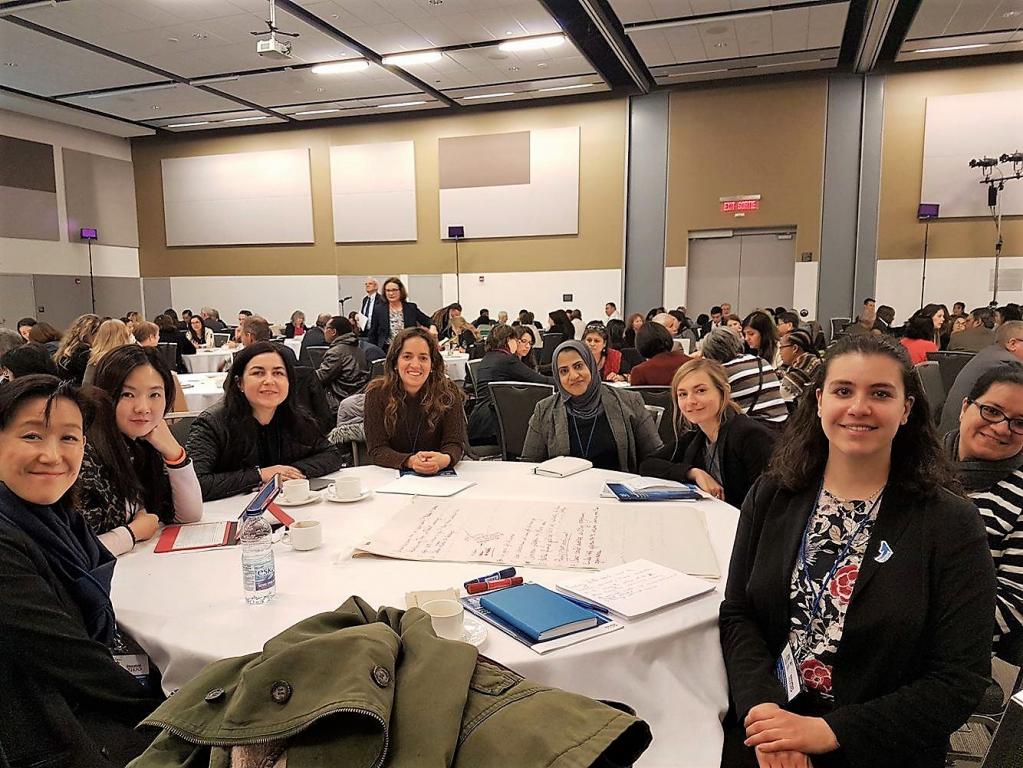
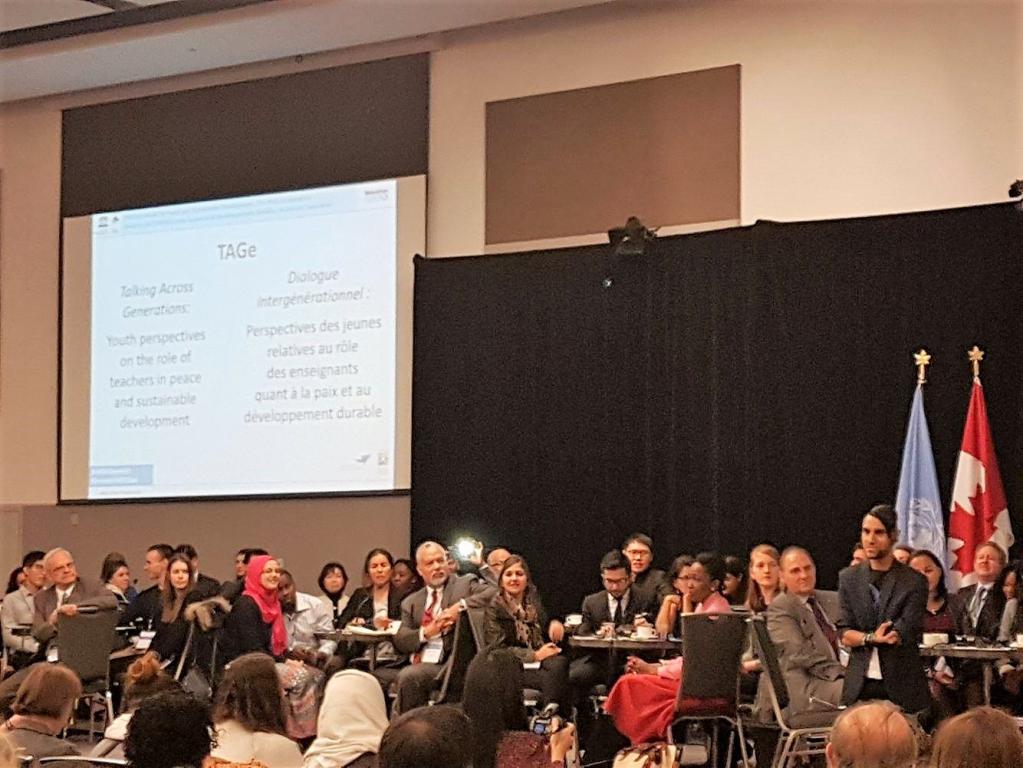
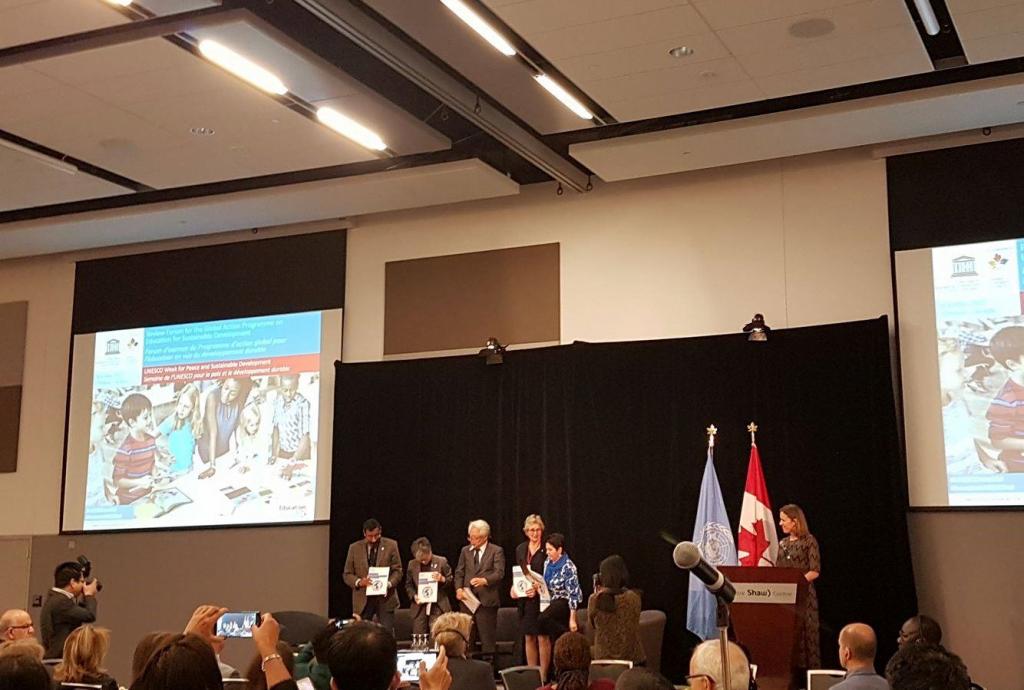

UN CC:Learn supported the debate No Time to Lose! How Can We Accelerate Climate Change Solutions in the Classroom? organized by the UN Alliance on Action for Climate Empowerment (ACE). UNITAR/UN CC:Learn is one the 13 members of the Alliance, which is coordinated by the UNFCCC Secretariat. The event showcased good practices in the area of climate change education, training and public awareness.

A Mid-Term Report on the implementation of the GAP on ESD has been presented at the event. This provides a basis for the scaling-up of ESD activities during the second half of the GAP. A final review forum of the GAP will be held in 2019.
For further information, please follow #UNESCOweekED on Facebook and Twitter, or visit the UNESCO website:
- Education connects peace and development in sustainable ways says Director-General at UNESCO Week opening
- UNESCO Week for Peace and Sustainable Development highlights teachers’ role in achieving Global Development Agenda
About UN CC:Learn
UN CC:Learn is a partnership of more than 30 multilateral organizations supporting countries to design and implement systematic, recurrent and results-oriented climate change learning. At the global level, the partnership supports knowledge-sharing, promotes the development of common climate change learning materials, and coordinates learning interventions through a collaboration of UN agencies and other partners. At the national level, UN CC:Learn supports countries in developing and implementing national climate change learning strategies. Through its engagement at the national and global levels, UN CC:Learn contributes to the implementation of Article 6 of the UNFCCC on training, education and public awareness-raising, and the 2012-2020 Doha Work Programme. Funding for UN CC:Learn is provided by the Swiss Government and UN partners. The Secretariat for UN CC:Learn is hosted by the UN Institute for Training and Research (UNITAR).
Photo 1: Poster
Photo 2: Group photo
Photo 3: UN CC:Learn Secretariat facilitated World Café discussions about the implementation of the GAP on ESD.
Photo 4: Intergenerational dialogue between youth from around the world and senior officials and policy-makers.
Photo 5: Launch of the UNESCO publication “Education for Sustainable Development Goals: Learning Objectives”.
Photo 6: Workshop SDGs for teacher educators, organized by Leuphana University and Addis Ababa University.
Photo 7: From left to right: Ms. Adriana Valenzuela, UNFCCC Secretariat; Mr. Charles Hopkins, UNESCO Chair on ESD, York University; Mr. Daniel Schaffer, Foundation for Environmental Education; Mr. Pramod Sharma, Centre for Environmental Education; Ms. Kenza Khallafi, Mohammed VI Foundation for the Protection of the Environment of Morocco.

